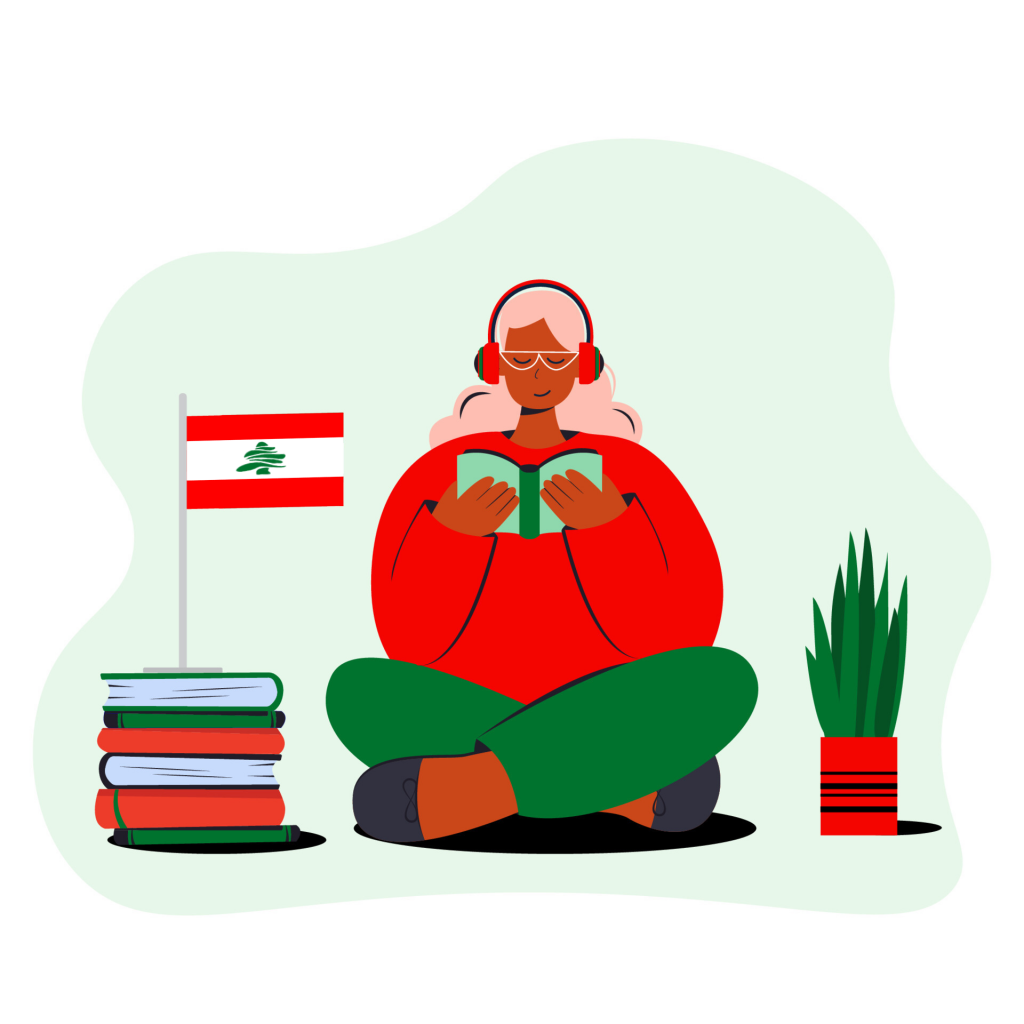
“Ye2bourni”
Such is a normal word for the Lebanese citizen, one who doesn’t think twice about it before using it in a casual manner, but when they pause to think, it seems rather odd to tell someone to “bury me”. “Walaw” is another one, used in so many different ways, and the only way to understand what it remotely means is by the tone of the speaker. Even so a foreigner would never get both those words, no matter how much a Lebanese might try to explain as these words are so ingrained in culture, and even trying to find an equivalent in English would simply undermine their impact. However it does not stop with words, as there are many expressions used that make no sense in English and which is why when travelling abroad or meeting with foreigners, Lebanese have such a hard time getting their ideas across, due to the lack of equivalent expressions and words.
The expression that I’d mainly like to discuss is “3a rassi or 3ayni’, which would literally be translated to “On my head and on my eyes”. Were you to say this to any American, or even foreigner in general, they would assume you’re absolutely bonkers, even explaining it wouldn’t make it much better. It’s a sign of generosity and giving with your whole heart, but what does your head and eyes have anything to do with it? To have a better understanding of it, if someone is asking you for a favor, or even some sort of help with something, if you’re more than willing to help them out you’d say “3a rassi w 3ayni”. It doesn’t necessarily make sense linguistically, but Lebanese care little about that. It’s important to point out, that in Lebanese culture, it’s pretty common to use the eyes and head for expressions, and even other body parts like the heart, an example of that is “2albi” which somehow means my sweetheart, or your feet “la 2ejri” as in I don’t care. To be fair, it’s no wonder that people find our language to be odd when we stick random words with complete linguistically unrelated meanings.
Another interesting expression that I noticed was quite used is “5od ra7tak” which literally translates too “take your rest” and doesn’t really make sense. It would be rather useful to just take my rest whenever I wish to, thus staying stress free but as the world would have it, that is not the case, since culturally it means inviting someone to feel at home. These are not the impressions you get when you first hear sentences like the ones mentioned, as it could be taken in the wrong way especially from foreigner who simply learned the language but has not involved them self in the culture as well.
One final word that I find both odd and amusing is “Na3iman” and no matter how much I rack my brain, I can’t seem to find an explanation for it, or even a justification. Why do we use it so much then? Congratulating someone on having taken a good bath seems rather weird, even creepy in some instances but it’s so culturally accepted. I myself use it almost everyday, and I never really thought twice about it until it slipped while around a foreigner, and in that moment I realized that I had no way of explaining it. “Good bath” didn’t hold the impact, and linguistically the sentence doesn’t make sense. “Congratulations on the bath”? That’s even worse and doesn’t come close to the meaning, if it even holds any. This is a case of a word with not even a close equivalent when translated, and I’m rather curious to know if there is any other language that has one that is similar.
Languages are usually odd yet intriguing, especially the Arabic language. As a multilingual I can definitely say it’s more interesting than it’s counterparts, given the fact that it has words that can describe the smallest of things, things that would not think twice about, and that you would not find a description of in the more limited English language. To conclude this, there are too many un-translatable Arabic words and expressions, most that come from our cultural side, and that is no way a negative thing as it makes the language more unique and interesting. This truly shows that no two languages are close to being the same, and that the difference is actually beautiful once you dive into it and get past the initial shock and weirdness, so I invite those who have not learned Arabic per example to try it, there is no loss in increasing your knowledge and sharpening your cultural awareness of the world.